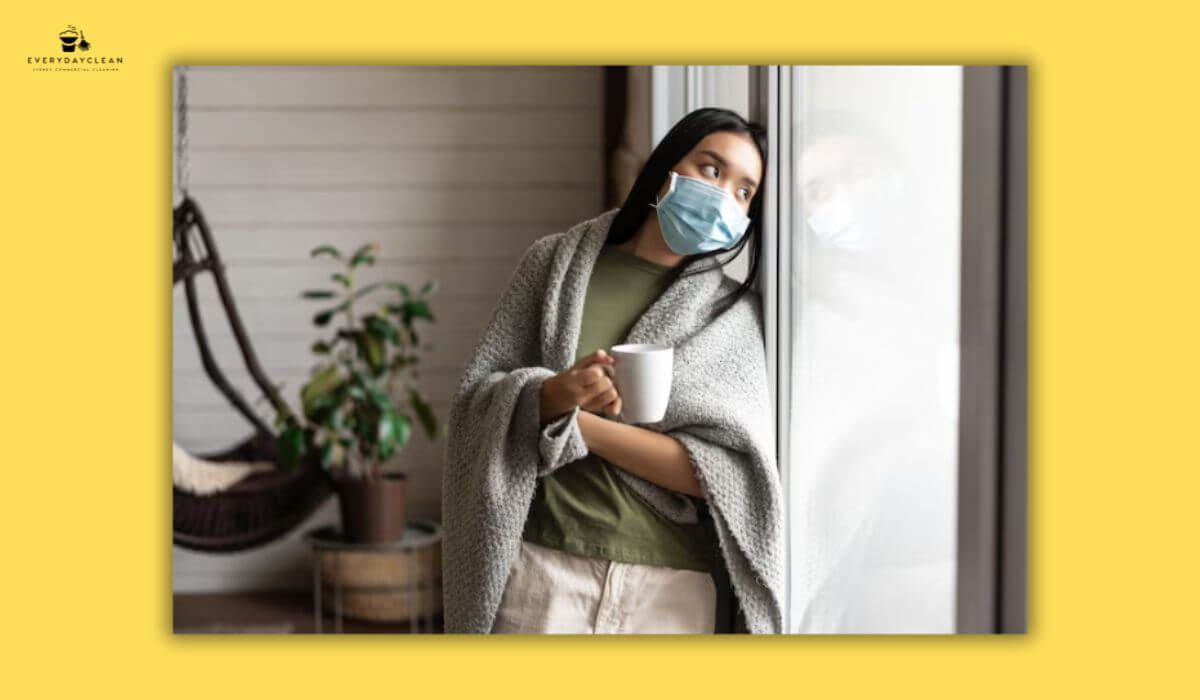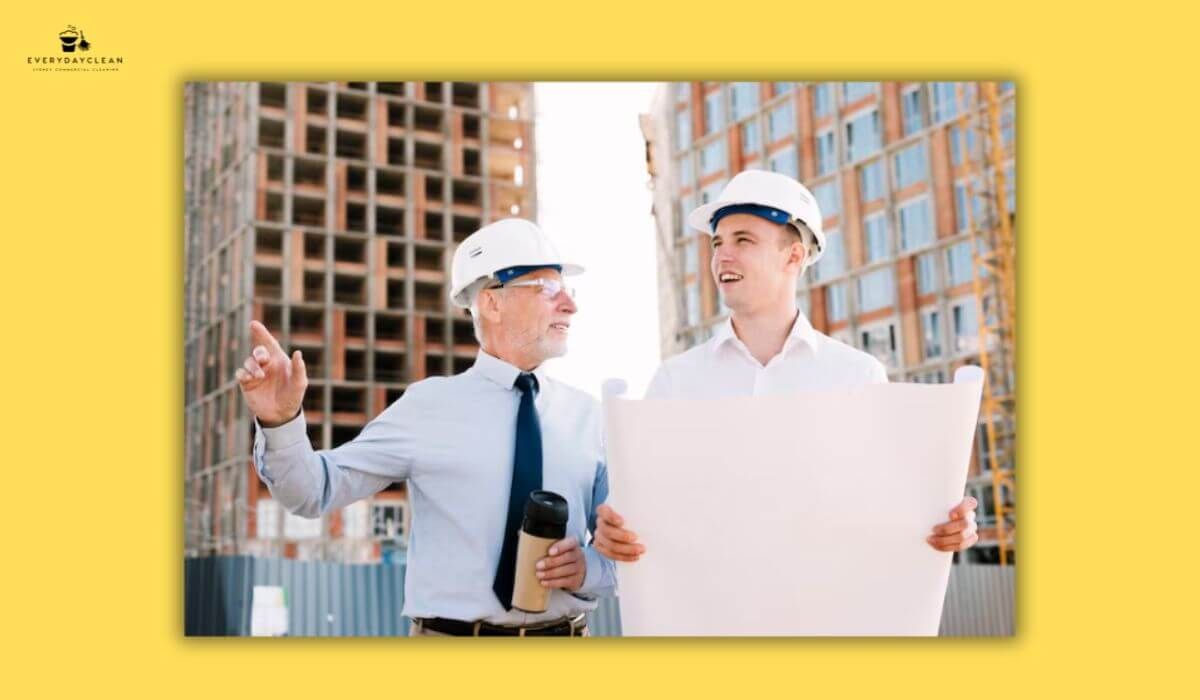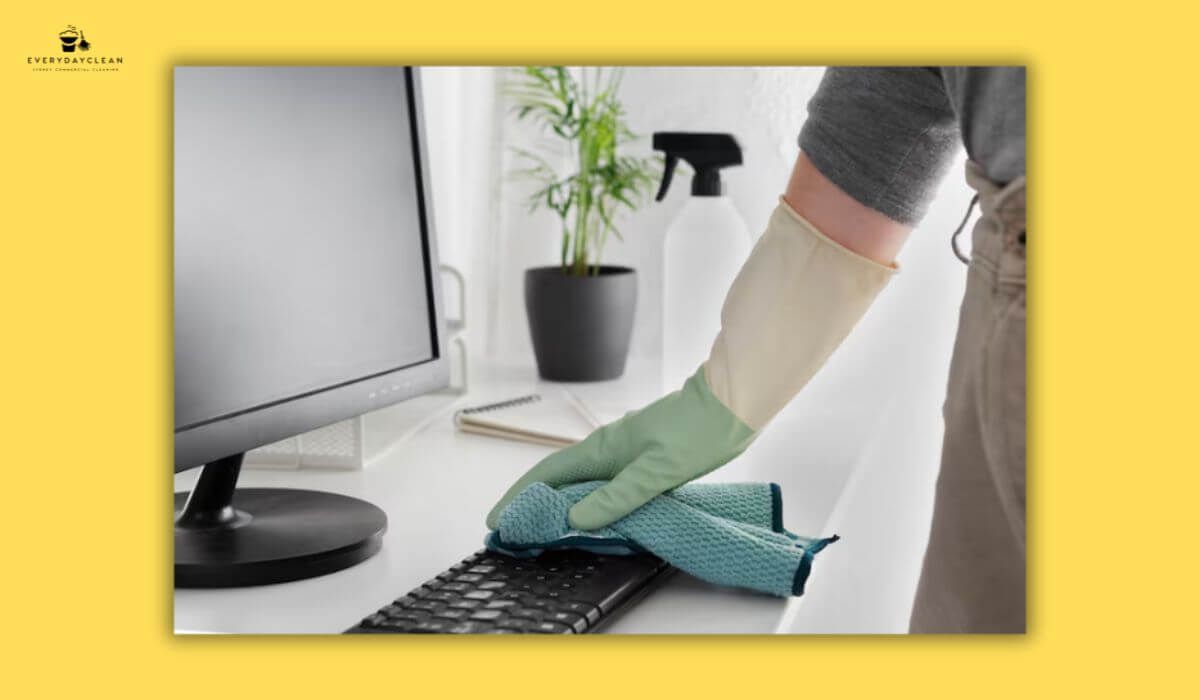Best Safe Cleaning Products for Sensitive Environments
Keeping sensitive environments clean isn’t just about appearances—it’s about health, safety, and trust. Whether you manage a medical facility, childcare centre, aged care home, or wellness retreat, the products you choose make a direct impact on people’s well-being.
In this guide, you’ll learn what qualifies as safe cleaning products, how to read labels correctly, and which options professionals in Sydney recommend for effective, responsible cleaning. We’ll also share real-world applications to help you make informed decisions with confidence.
Why Best Safe Cleaning Products Matter in Sensitive Environments
Protecting Occupant Health
Traditional cleaning agents often contain volatile organic compounds (VOCs), synthetic fragrances, and harsh chemicals. While effective at killing germs, they can irritate the skin, lungs, and eyes—especially for children, the elderly, and people with allergies. The best safe cleaning products eliminate these risks by using non-toxic, low-residue formulas that still meet hygiene standards.
Maintaining Surface Integrity
Sensitive environments require constant cleaning. Using abrasive solutions can wear down materials over time—dulling finishes, causing corrosion, or damaging upholstery. Safe products are typically pH-neutral or mildly acidic/alkaline, protecting surfaces while still cleaning effectively.
Regulatory & Reputation Benefits
In places like medical centres, schools, or food preparation areas, safe cleaning is also about compliance. The use of eco-certified products ensures alignment with Australian workplace safety standards, health regulations, and green building certifications (e.g. WELL, Green Star). In today’s conscious world, this also strengthens public trust in your business or institution.
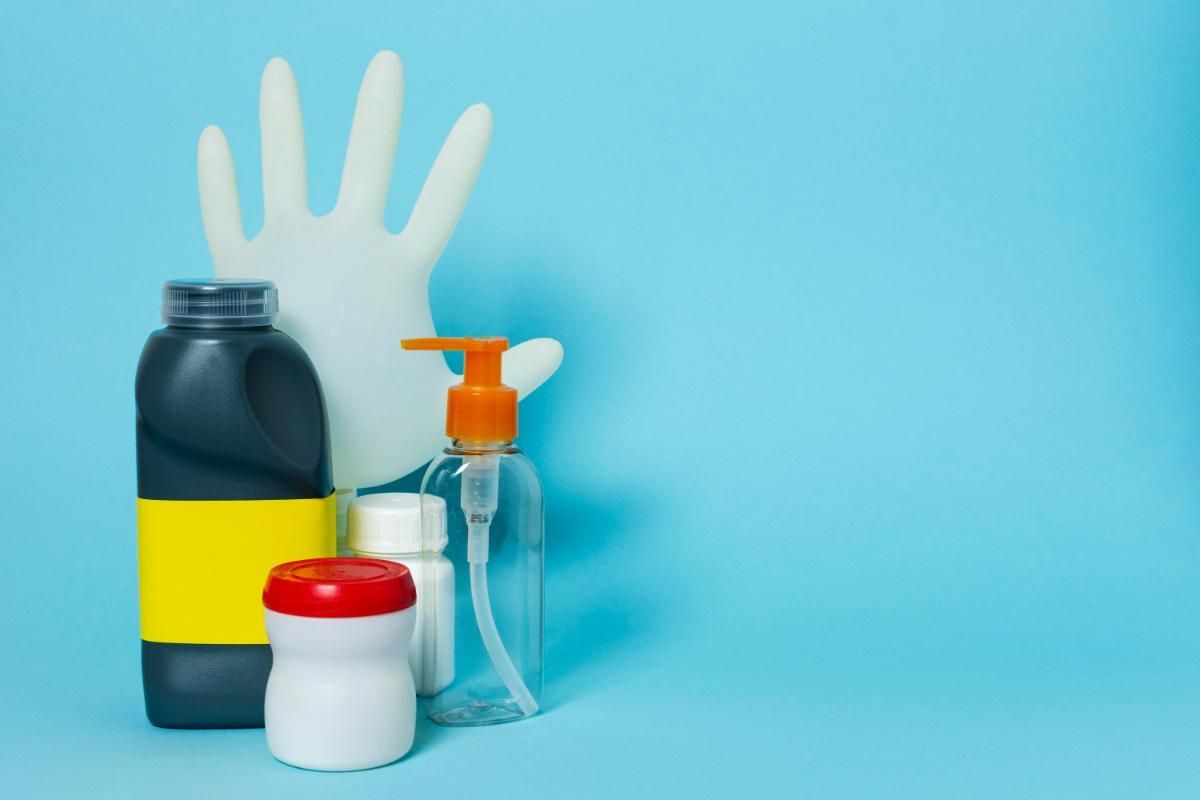
How to Read and Decode Cleaning Product Labels
Key Certifications to Look For
- Safer Choice (U.S. EPA) – Verified for safer chemistry and minimal toxicity.
- Green Seal – Indicates a full lifecycle sustainability evaluation.
- GECA (Good Environmental Choice Australia) – The gold standard for Australian eco-friendly cleaning products.
- TGA Listing – Essential for medical-grade disinfectants.
Ingredients to Avoid
- Quaternary Ammonium Compounds (Quats) – Common but linked to respiratory and skin sensitivity.
- Bleach & Ammonia – Effective, but emit toxic fumes.
- Phthalates & Synthetic Fragrances – Disrupt hormones and trigger asthma.
- Sodium Hydroxide & Sulfates – Can damage skin, eyes, and soft surfaces.
Understanding pH and Concentrates
Choose pH levels appropriate for the task:
- pH 6–8 for general surfaces (neutral)
- pH 9–10 for degreasers (alkaline)
- pH 4–5 for scale removal (acidic)
Always dilute concentrates according to manufacturer instructions to prevent damage or residue buildup.
Top 5 Best Safe Cleaning Products Recommended by Everyday Clean
1. All-Purpose Neutral Cleaner
Ideal for desks, benches, and floors. Fragrance-free and biodegradable, it’s your everyday hero.
2. Non-Toxic Disinfectant Spray
TGA-approved, hospital-grade germ-killer—without bleach or quats. Fast-acting and safe for skin contact.
3. Enzymatic Carpet Cleaning Solution
A blend of plant enzymes breaks down dirt and odours without soaking the carpet. Safe for pets and kids.
4. Microfiber & Steam Technology
Water-only steam and microfiber mop systems clean and sanitise without chemicals. Perfect for allergy-sensitive zones.
5. Biodegradable Glass & Window Cleaner
Delivers crystal-clear windows using plant alcohols—no ammonia, no eye irritation.
Real-World Examples: Applying the Best Safe Cleaning Products in Australia
Post-Construction Cleanup
After a renovation, dust and plaster can linger in corners and ducts. Our team uses enzyme-based dust removers and HEPA vacuums to tackle the mess without harsh odours or skin irritation—great for schools or clinics reopening post-works.
Office Cleaning Service Sydney
In busy corporate environments, daily use of pH-neutral surface sprays keeps bacteria at bay without impacting electronics, finishes, or staff wellness. Clients often remark on the “clean without the smell” experience.
Childcare Centre Hygiene
These spaces demand speed, gentleness, and proven disinfection. Our rapid-action botanical disinfectants kill 99.9% of germs yet dry residue-free—safe for tiny hands and crawling feet.
Dos & Don’ts When Purchasing Safe Cleaning Products
Do – Check Expiry and Batch Codes
Expired products can lose potency and become breeding grounds for bacteria.
Don’t – Rely Solely on “Greenwashed” Claims
Phrases like “eco-friendly” or “natural” are unregulated—always verify certification.
Do – Test on a Small Area First
Even the safest product can react differently depending on the surface.
Don’t – Mix Chemicals
Mixing vinegar with bleach or ammonia can create toxic gas—even natural products need separation.
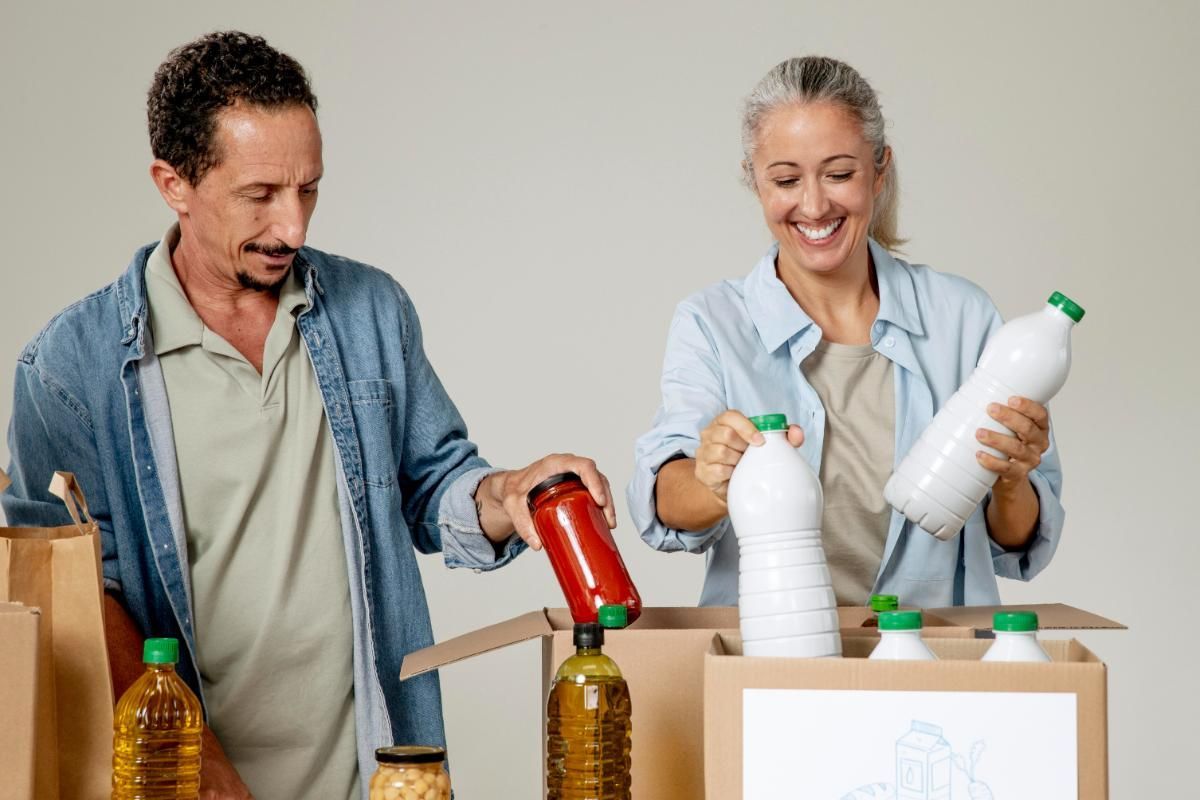
FAQs
What makes a product “safe” for medical and childcare settings?
It must be non-toxic, fragrance-free, residue-free, and compliant with health standards (e.g. TGA approval in Australia).
Are eco-friendly products as effective as conventional ones?
Yes, especially when paired with the right technique. Today’s formulas rival traditional cleaners in power and safety.
How often should I replace microfiber cloth?
Replace every 6–12 months depending on frequency and care (wash with cold water, no fabric softeners).
Can I combine safe products with regular janitorial services?
Absolutely. At Everyday Clean, we integrate safe products across all services—from commercial to residential jobs.
Get Expert, Safe Cleaning Solutions from Everyday Clean
At Everyday Clean, we don’t just promise safe environments—we deliver them. Our cleaning solutions are vetted, certified, and proven across Sydney’s most sensitive spaces, from clinics to kindergartens.
Contact Everyday Clean today to book your consultation, request a free trial of our best safe cleaning products, or let our trained team tailor a solution that’s both gentle and powerful.
